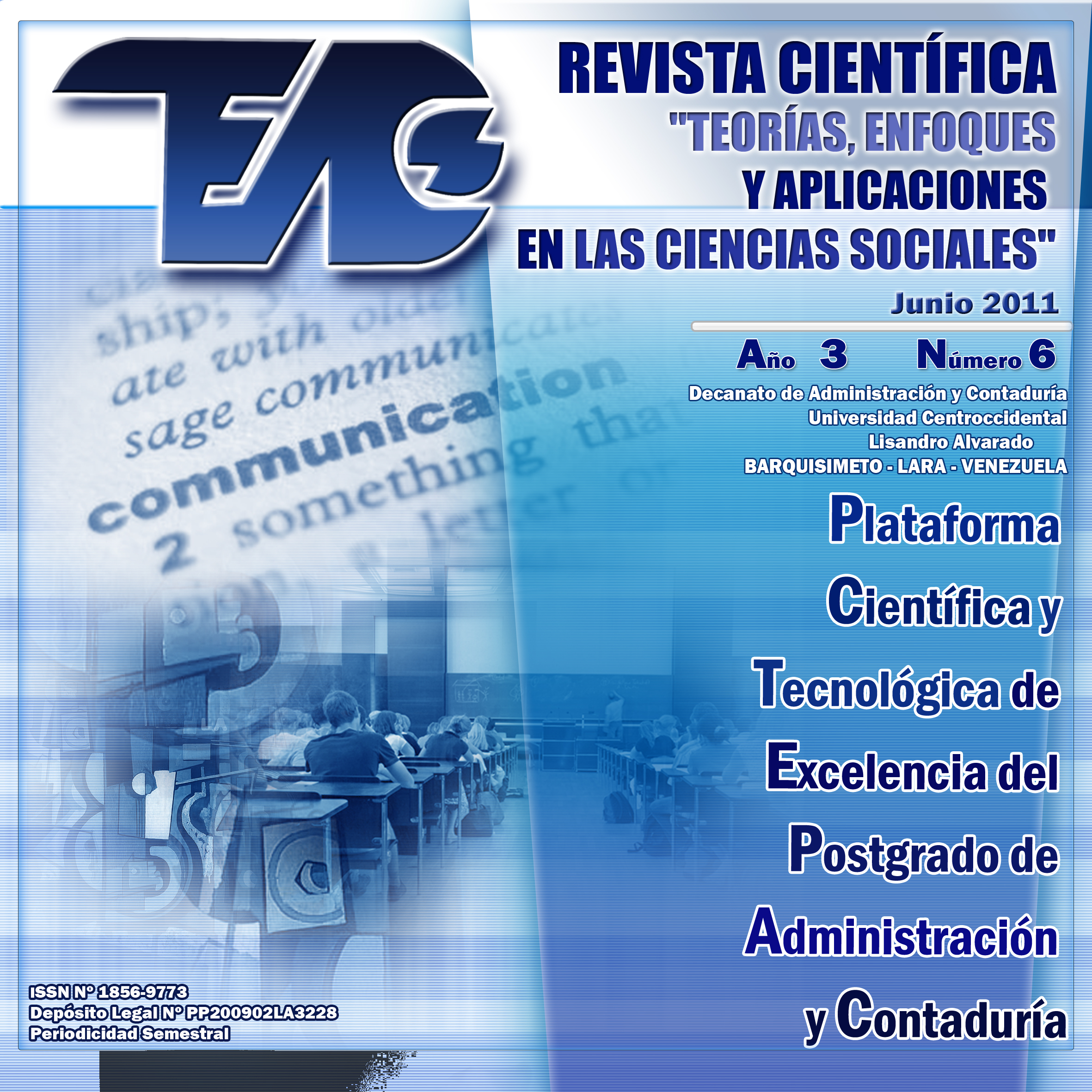Influence of instruccional strategies based on simulations on the learning level
Keywords:
university education, meaningful learning, academic performance, simulation systemsAbstract
The purpose of this study was to introduce a quantitative experimental instructional strategy based Learning by Simulation, with the intention of evaluating its effect on the learning level of the participating subjects. A single topic on data processing was used in two variants: The first used a traditional method of classroom instruction and the second simulation tools were applied to provide the same instructional content. Participants were assigned to an experimental group or a control group and after application of tests before and after the intervention, the results were subjected to statistical analysis (hypothesis testing). According to the results, it was determined that the multimedia tools did not prove statistically significant in the learning process. Guidelines were raised about the strengths and weaknesses of the strategy in question.
Downloads
References
Becker, Lee (2000). Analysis of pretest and posttest scores with gain scores and repeated measures. Recuperado el 15 de febrero, 2005, de > · Bruner, Jerome (1960). The Process of Education. Cambridge, MA: Harvard University Press. Clark, Richard (1993). Reconsidering research on learning from media. Review of Educational Research , 53(4), 445-459.
Craig, Talent (2003). Software simulation for training purposes. Recuperado el 1 de noviembre, 2005, de · Daft, Richard, & Lengel, Robert (1984). Organizational information requirements, media richness and structural design. Management Science, 32(5), 554-571.
Dennis, Alan, & Kinney, Susan (1998). Testing media richness theory in the new media: The effects of cues, feedback, and task equivocality. Information Systems Research, 9(3), 101-115. Recuperado el 17 de julio, 2005, de > · Díaz Barriga, Frida (2003). Cognición situada y estrategias para el aprendizaje significativo. Revista Electrónica de Investigación Educativa, 5 (2). Consultado el 8 de febrero de 2006 en: > · Dick, Walter, Carey, Lou, & Carey, James (2001). The systematic design of instruction. New York, NY: Longman. Driscoll, Marcy (2000). Psychology of learning for instruction. Needham Heights, Massachusetts: Allyn & Bacon.
Driscoll, Marcy (2002). How people learn (and what technology might have to do with It). ERIC Clearinghouse on Information and Technology, Syracuse, NY. (No. de servicio de reproducción de documentos ERIC ED470032).
Eysenck, Michael (2004). Research methods: Design of investigations. Recuperado el 12 de frebrero, 2006, de > · Gall, Meredith, Gall, Joyce, & Borg, Walter (2003). Educational research: An introduction. Boston: Pearson Education.
Hernández Sampieri, Roberto, Fernández, Carlos, y Baptista, Pilar (2003). Metodología de Investigación. McGraw Hill. México.
Ingram, Kathleen, & Jackson, Katherine. (2004). Simulations as Authentic Learning Strategies: Bridging the Gap Between Theory and Practice in Performance Technology. Association for Educational Communications and Technology (No.de servicio de reproducción de documentos ERIC ED485146).
Karrer, Anthony, Laser, Alan, & Martin, Laura (2001). Simulation levels in software training. Recuperado el 1 de noviembre, 2005, de > · Kock, Ned (2001). Behavior toward e- communication tools: A new theoretical model based on evolution theory. Recuperado el 3 de abril, 2005, de > · Kolb, David, (1984). The experiential learning: Experience as the source of learning and development. NJ: Prentice Hall.
Kozma, Robert (1991). Learning with media. Review of Educational Research, 61(2), 99 -112.
Navarro, Rubén (2003). El desarrollo de habilidades sociales ¿determinan el éxito académico?. Recuperado el 13 de febrero, 2006, de > · Papert, Seymour (1990). A critique of technocentrism in thinking about the school of the future. Recuperado el 19 de abril, 2005, de > · Ritchey, Ferris (2002). Estadística par las ciencias sociales y el potencial de la imaginación estadística. México, D.F.: McGraw Hill Interamericana.
Robles, Rosalinda (2005). Orientación Educativa y Rendimiento Académico. Revista Mexicana de Orientación Educativa, 11(4). Disponible en > · Rubio, María José (2005). Guía general de educación a distancia. Loja, Ecuador: Editorial UTPL.
Stager, Gary (2001). Constructionism as a high-techintervention strategy. Chicago, IL: Building on the future. NECC 2001: National Educational omputing Conference Proceedings. (No. de servicio de reproducción de documentos ERIC ED462949)
Suh, Kil Soo (1999). Impact of communication medium on task performance and satisfaction: An examination of media-richness theory. Information & Management, 35(1), 295-312.
Published
How to Cite
Issue
Section
Derechos del/de autor/es a partir del año de publicación
Esta obra está bajo la licencia:
Creative Commons Reconocimiento-NoComercial-CompartirIgual 4.0 Internacional (CC BY-NC-SA 4.0)
Las opiniones expresadas por los autores no necesariamente reflejan la postura del editor de la publicación ni de la UCLA. Se autoriza la reproducción total o parcial de los textos aquí publicados, siempre y cuando se cite la fuente completa y la dirección electrónica de esta revista. Los autores(as) tienen el derecho de utilizar sus artículos para cualquier propósito siempre y cuando se realice sin fines de lucro. Los autores(as) pueden publicar en internet o cualquier otro medio la versión final aprobada de su trabajo, luego que esta ha sido publicada en esta revista.



